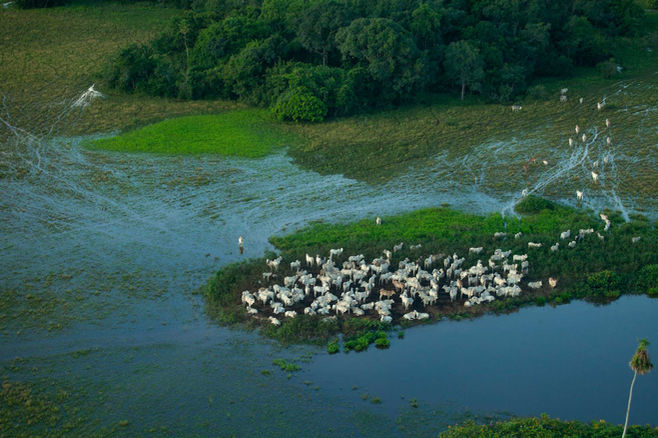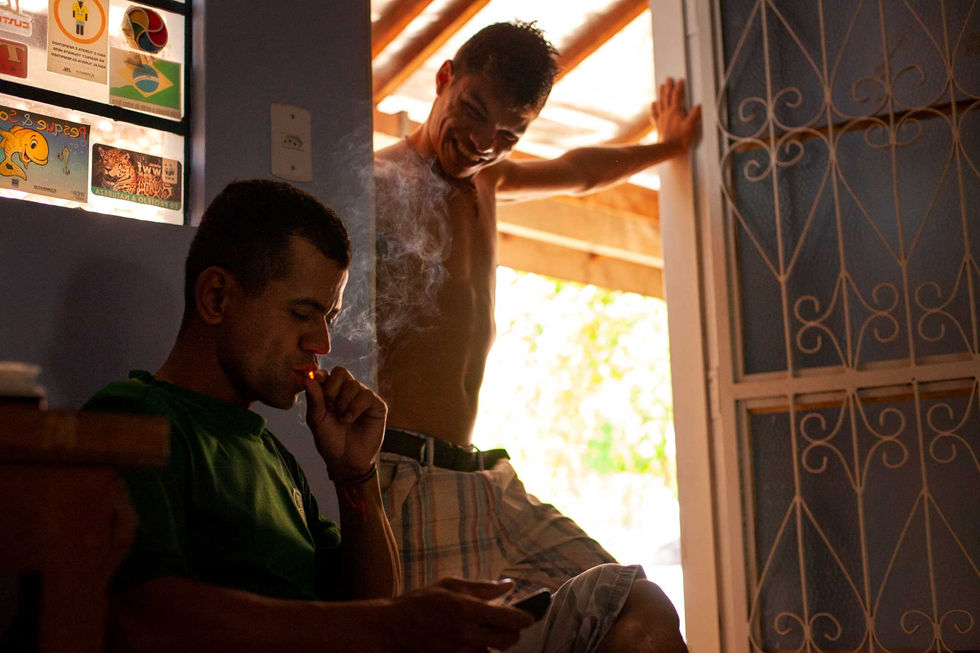The Brazilian Pantanal
The Brazilian Pantanal is one of the world’s greatest natural wonders and the largest tropical wetland on Earth. Located south of the Amazon Basin, this vast ecosystem functions as an internal delta, flooding seasonally during the rainy months. The Pantanal is widely recognized for its exceptional biodiversity, surpassing even the Amazon Basin in the concentration of wildlife species.
Mato Grosso is uniquely positioned at the intersection of three major biomes: the Amazon rainforest to the north, the Brazilian Cerrado savanna to the east, and the Pantanal wetlands to the west. Despite its extraordinary ecological value, the region faces increasing sustainability and conservation challenges driven by rapid population growth and expanding agricultural development. These pressures pose significant threats to biodiversity, wildlife corridors, and protected areas throughout the region.
Through the perspectives of people living in and around the Pantanal, this photo essay explores the human–environment relationship, revealing how local communities connect with the land and wildlife while navigating the environmental consequences of growth and change.
























